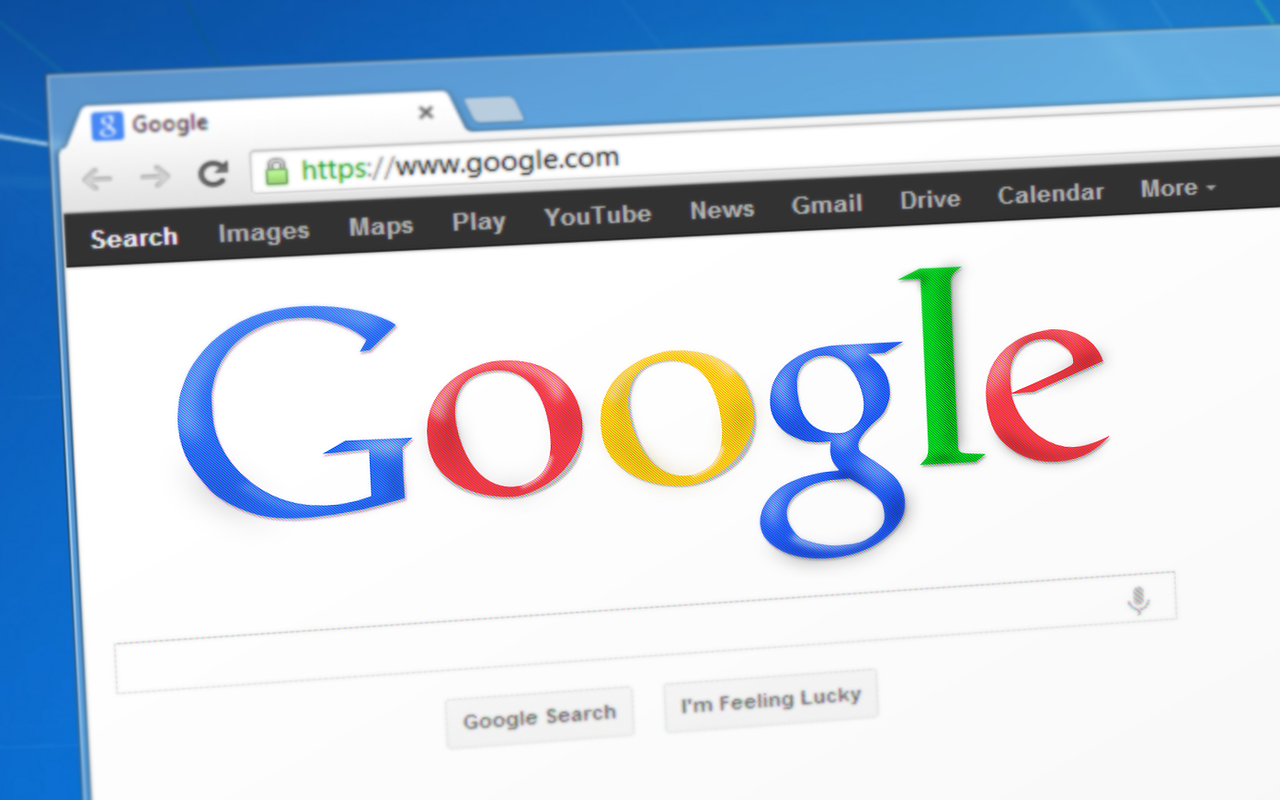114 countries are exploring digital currencies, making up more than 95% of the world's GDP. Several countries have already rolled it out, others are in the process of doing so, and the US has run trials to see how it can join the revolution.
Proponents tout the benefits of instantaneous financial transactions and security, but Dr. Mark Hitchcock, research professor of Bible exposition at Dallas Theological Seminary, says it is a dangerous idea.
"Digital currency is trackable, it's traceable, and it's programmable to what you spend it on," he lists. "It can expire when they want it to go away, so that's a way to control people economically."
Dr. Hitchcock also warns against digital identification, a system where all of an individual's information – including medical and financial information, as well as travel history and a potential social credit score – is stored in one location.

"You have national and even global ID systems that are coming in that are digitalized," he observes. "That, again, just like this digital currency, will be easily hijacked by the antichrist in the end times to control people's lives in every area."
Nevertheless, the UN is aiming for a global, universal digital ID by 2030.
"All of this we see – digital currencies, but especially now this digital identification system that's being pushed by The Bill Gates Foundation, the World Economic Forum, [and] the World Trade Organization – all of this will be easily hijacked by authoritarians, and ultimately by the antichrist," Dr. Hitchcock repeats.














